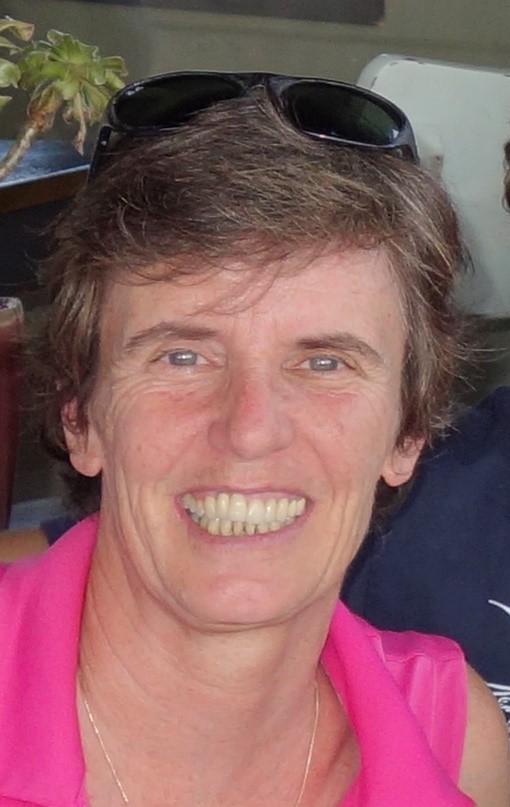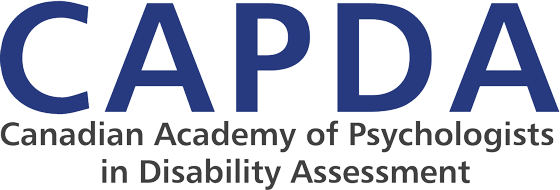Accommodation Decision Making in Postsecondary Education: Treating the Able as Disabled
November 16, 2022, 7:00 - 8:00 PM
The CAPDA Board of Directors is pleased to offer a series of Zoom sessions titled "Truth Through Discourse", which offers open discussion on various topics of interest to psychologists, psychological associates and clinical psychology graduate students.
These discussions are offered free for CAPDA members and $5 for non-members for each session.
ABOUT THE DISCUSSION
Dr. Harrison will discuss her paper relating evidence-based decision making in disability services offices to some of the systemic effects of academic accommodations on post secondary learning institutions. What happens when accommodations, intended to promote fairness, become something else?
Dr. Duncan Day will moderate the discussion.
ABOUT THE PRESENTER
Dr. Allyson Harrison is a scientist-practitioner. She has dedicated her professional career to both providing assessment and support services for, and conducting research into issues regarding diagnosis and treatment of neurodevelopmental disorders that affect learning, such as LD and ADHD.

With a background in special education and neuropsychology, she was well suited to being hired as one of the consultants for the Learning Opportunities Task Force, a provincially-funded project that aimed to improve the transition to and graduation from postsecondary education for persons with specific learning disabilities. This four-year long project oversaw pilot projects at 13 different postsecondary institutions across Ontario. Part of the project involved conducting research into the barriers facing students with learning disabilities and the factors that contributed to their overall academic success.
Upon completion of this project in 2002, she was appointed the Clinical Director of the Regional Assessment and Resource Centre (RARC), housed at Queen’s University in Kingston, Ontario. The RARC has five main deliverables: provide transition programs and supports for students with neurodevelopmental disabilities who are about to enter into postsecondary education; provide high-quality psychoeducational and neuropsychological assessments to these students; conduct research into issues regarding disability assessment and accommodations; provide research-informed training programs; and provide expert consultation and advice to any postsecondary institution in Ontario regarding appropriate accommodation and supports for persons with specific neurodevelopmental disabilities.
Apart from her clinical work, she is also an Associate Professor in the Department of Psychology at Queen’s, where she has taught students at both the undergraduate and graduate level. She has also been invited regularly to provide professional development workshops, offers expert advice to various licensing agencies, and is the chair of the grants committee for the Justin Eves Foundation, a charity that provides funding support to postsecondary students with learning disabilities.
She is the author of over 60 peer-reviewed papers, three book chapters, and four government policy reports. According to Google Scholar, her work has been cited in almost 1,700 other researcher papers.

